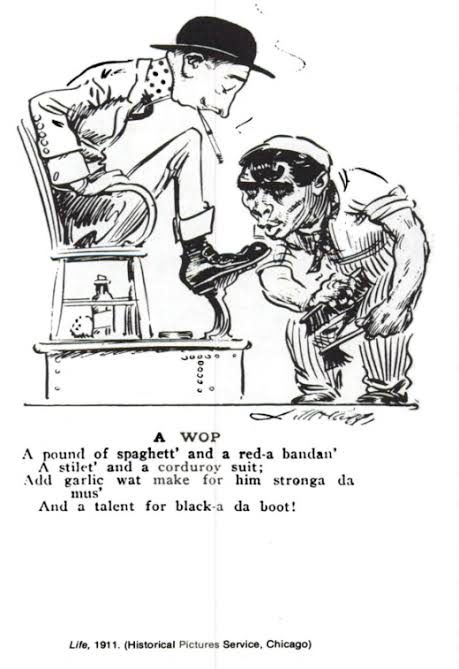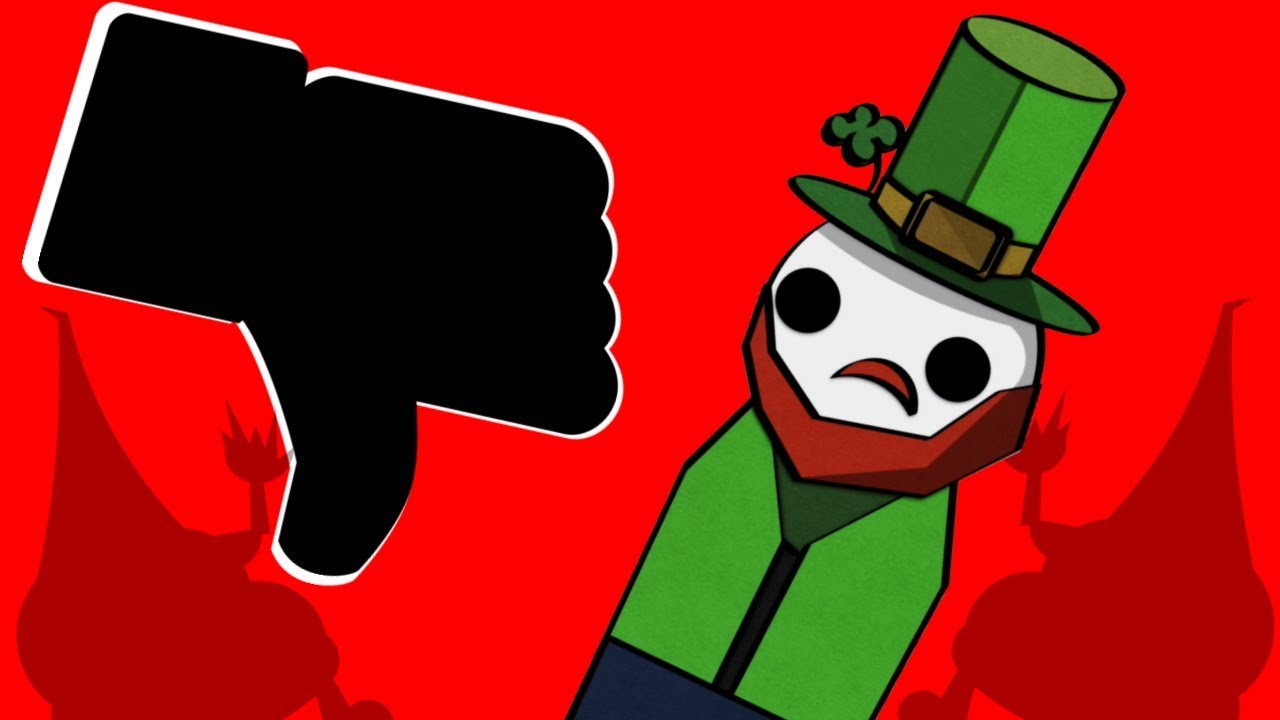Jason Voorhees
Say cheese
- Joined
- May 15, 2020
- Posts
- 79,194
- Reputation
- 230,843
Nationality and ethnicity are not the same. Certain disporas no matter how integrated they become will always be viewed and seen as outsiders. It depends on phenotype and the political climate at that time once upon a time Irish and Italian Americans were also ostracized, were hated by people and given the otherworldly treatment


but in general it's a lot easier for certain groups to identify as their countries of birth because they are more readily accepted. Think of Mikael a Swedishcel with a thick Swedish accent who moved over from stockholm to settle in Minnesota suburbs working some typical blue collar job will be considered 10x more American than Rajesh an Indian Origin American who was born and raised in LA, has all white friends went to target school has a tech job but will still be treated as an outsider..
East Asian immigrants in the 1970s were seen as perpetual foreigners despite being second generation Americans while white European immigrants were accepted with open arms and even here there was discrimination were slavs were given the boot. This isn't a American thing either. In Germany Turkish immigrants have been living there for decades, but get treated as Talahons..
Some of this boils down to perceived default identity in a society. People unconsciously associate being American German or Swedish with European features accents or cultural markers. That's why no matter how integrated or native someone is they still be treated as an outsider if they don't fit those markers.Certain things are just the way they are and can't be changed. They are out of your control. Even after my H1B application goes through even if I somehow do get a green card I am fully aware that I'll not be seen as anyone but an outsider in this lifetime.
That said, communities, culture, and self identification do matter and over time perceptions can and do shift just look at how Irish, Italian, Blacks and Jewish Americans went from being marginalized to fully part of the mainstream. It is what it is in the end.


but in general it's a lot easier for certain groups to identify as their countries of birth because they are more readily accepted. Think of Mikael a Swedishcel with a thick Swedish accent who moved over from stockholm to settle in Minnesota suburbs working some typical blue collar job will be considered 10x more American than Rajesh an Indian Origin American who was born and raised in LA, has all white friends went to target school has a tech job but will still be treated as an outsider..
East Asian immigrants in the 1970s were seen as perpetual foreigners despite being second generation Americans while white European immigrants were accepted with open arms and even here there was discrimination were slavs were given the boot. This isn't a American thing either. In Germany Turkish immigrants have been living there for decades, but get treated as Talahons..
Some of this boils down to perceived default identity in a society. People unconsciously associate being American German or Swedish with European features accents or cultural markers. That's why no matter how integrated or native someone is they still be treated as an outsider if they don't fit those markers.Certain things are just the way they are and can't be changed. They are out of your control. Even after my H1B application goes through even if I somehow do get a green card I am fully aware that I'll not be seen as anyone but an outsider in this lifetime.
That said, communities, culture, and self identification do matter and over time perceptions can and do shift just look at how Irish, Italian, Blacks and Jewish Americans went from being marginalized to fully part of the mainstream. It is what it is in the end.
Last edited:


